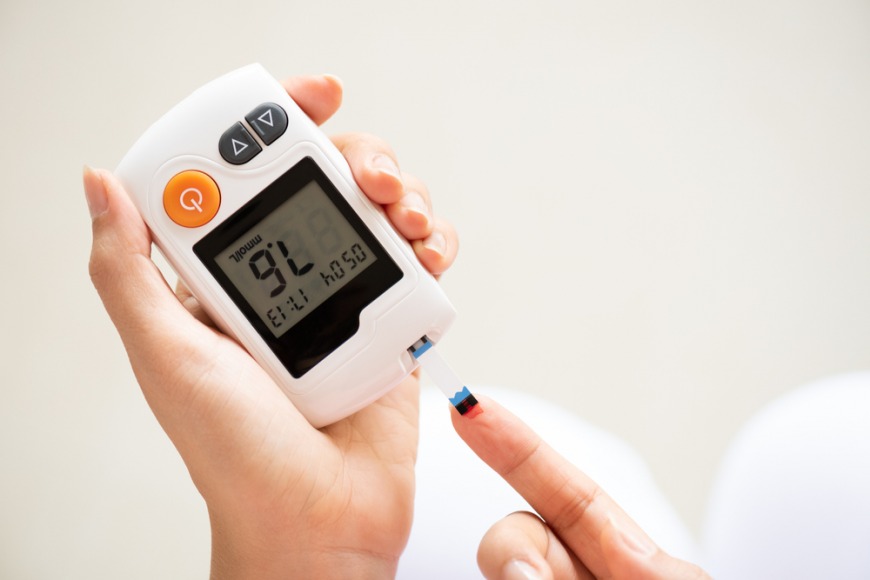How to Control Your Sugar While Fasting During Ramadan
Control your sugar intake during the Ramadan with these professional dietary tips from a Specialist Endocrinologist at Mediclinic
11 April 2023
Clarice

Need to control your sugar intake during Ramadan? A Specialist Endocrinologist shares some top tips!
Fasting during Ramadan has definite health benefits but things are not as simple for patients with diabetes, specially uncontrolled diabetes.
The shift in meal times and sleep and wakefulness patterns has definite effects on the sugar levels. Even the cortisol peak changes!
As per the Diabetes and Ramadan International Alliance (DAR), patients with diabetes ought to visit their endocrinologist or primary physician 6-8 weeks before Ramadan to be advised on the risk of fasting, to be given a modified nutrition plan to improve their sugar, and to know whether any medication changes are needed.
What are the risks to be avoided during fasting?
During the pre-Ramadan visit, it is important to be warned about the following:
- Low sugar – especially before Iftar
- High sugar after a heavy meal
- Dehydration (which happens more commonly if sugar is persistently above 180 mg/dl)
- Severe dehydration can generate kidney problems
- Excessive weight gain from over-eating and limiting activity

Importance of Suhoor
Diabetic patients are strongly advised to have a Suhoor meal every day; that is to balance the sugar, to avoid low sugar symptoms before Iftar, to divide the calories, and subsequently avoid very high sugar readings after Iftar.
30-40% of total calories in a day should come from Suhoor, which leaves 40-50% of calories for Iftar and 10-20% for snacks in between.
Checking your sugar during fasting hours?
Pricking the skin for sugar test does not break the fast. Regular self-monitoring of your sugar levels during Ramadan helps in achieving better control of diabetes.

What is glycemic index?
It is encouraged to consume carbohydrates with low glycemic index during Ramadan.
What is glycemic index?
Not all carbohydrates are the same! Glycemic index is a ranking score for carbohydrates according to how much they raise the sugar.
Carbohydrates with low glycemic index (less than 55) are slowly digested and metabolized and cause a slower and more steady rise in insulin and sugar. Examples include: Barley bread, natural yogurt, beans, lentils etc.
Should we exercise during fasting?
Diabetic patients benefit from light to moderate exercise during Ramadan but strenuous exercise increases risk of dehydration and low sugar.
When to break the fast?
It is recommended to break the fast if sugar is less than 70 mg/dl or more than 300 mg/dl or symptoms of low sugar (shaking, sweating, fast heart beats etc), high sugar (uncontrolled urination, dry mouth, headaches) or dehydration occur, or in the setting of any acute illness.
In summary, patients with controlled diabetes can have a safe and healthy Ramadan and benefit from the fasting period to improve their overall health. Nonetheless, it is recommended for all diabetics to visit their endocrinologist or primary physician 6-8 weeks before Ramadan to get the proper guidance for lifestyle and medication changes.
Authored by Dr. Nisrine Al Ghazal at Mediclinic Dubai Mall.
















